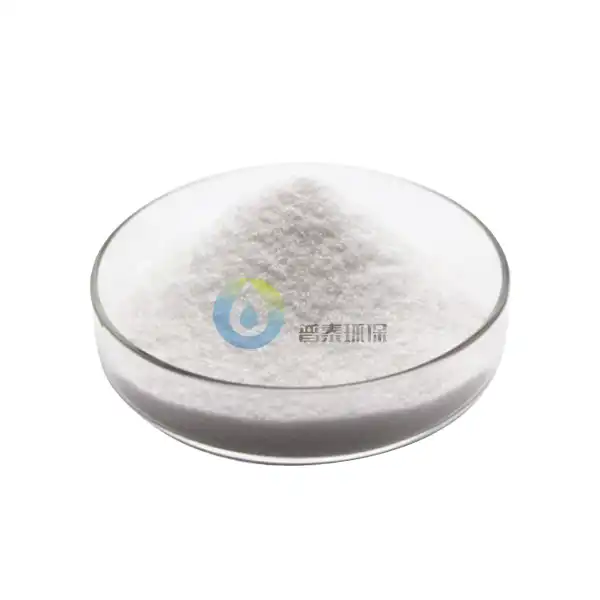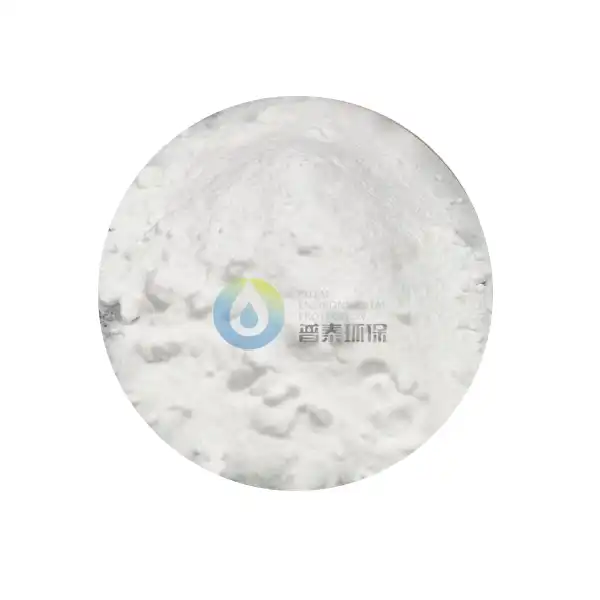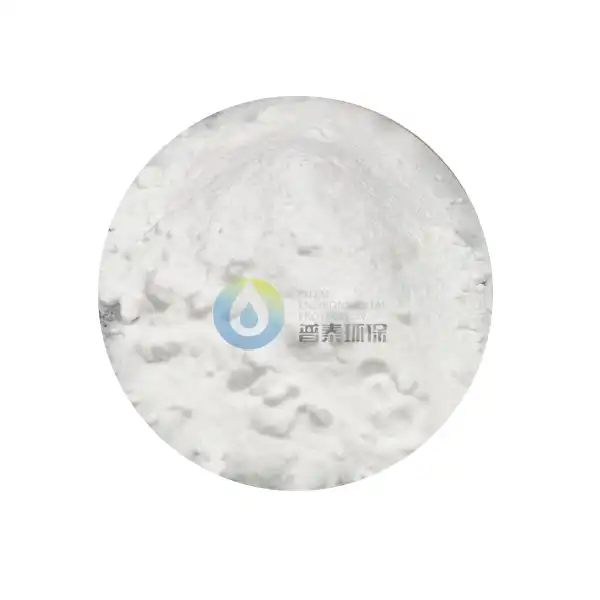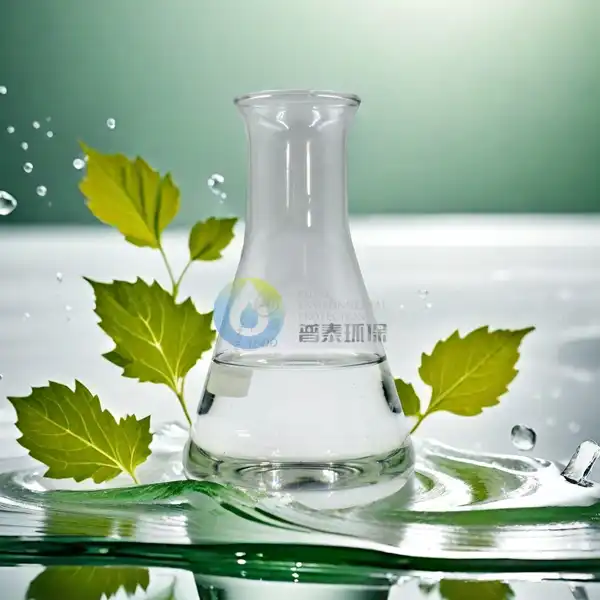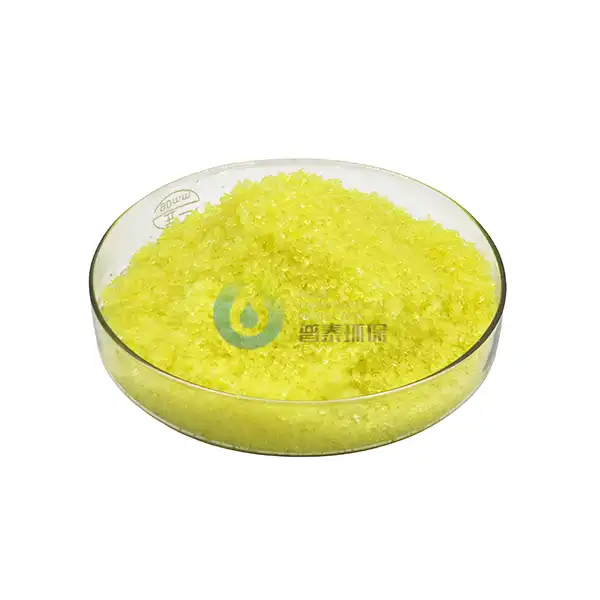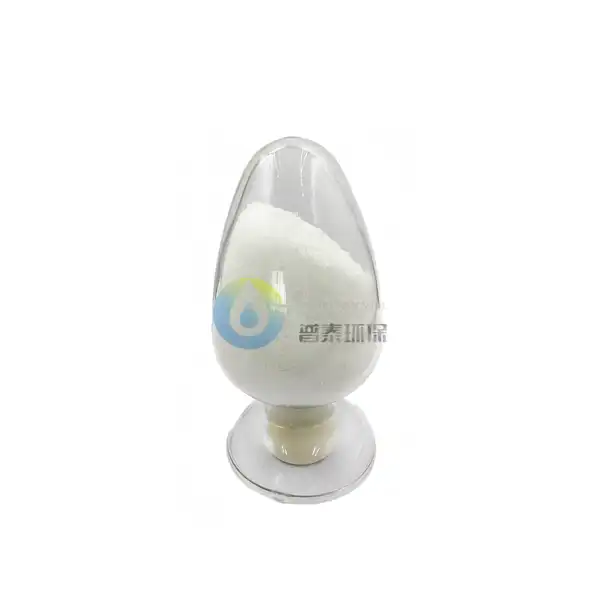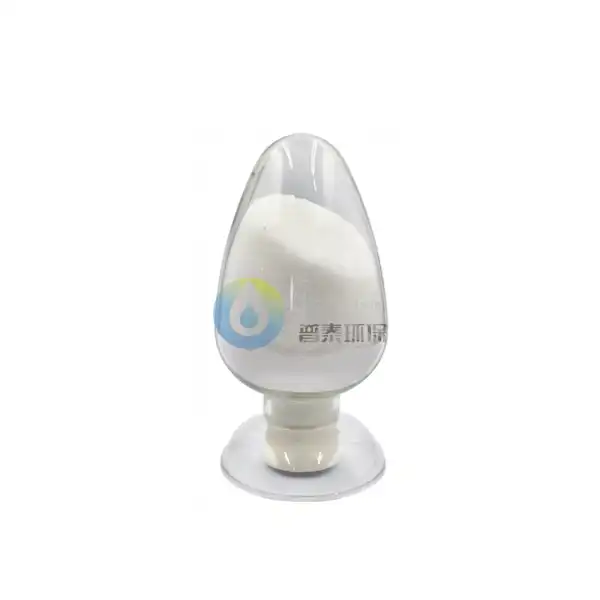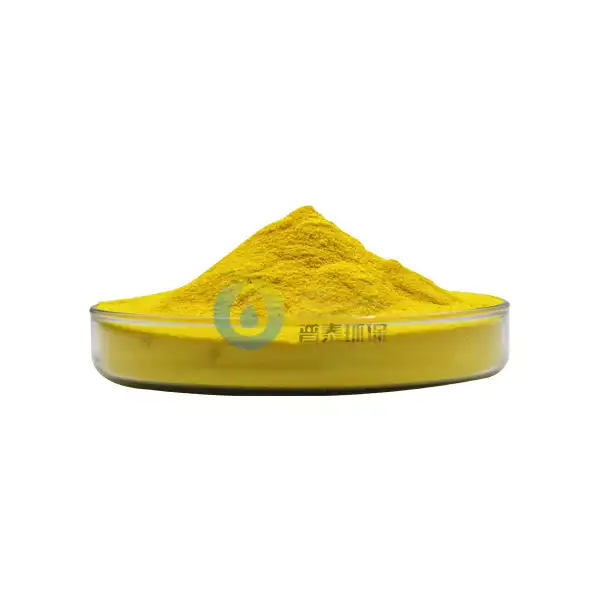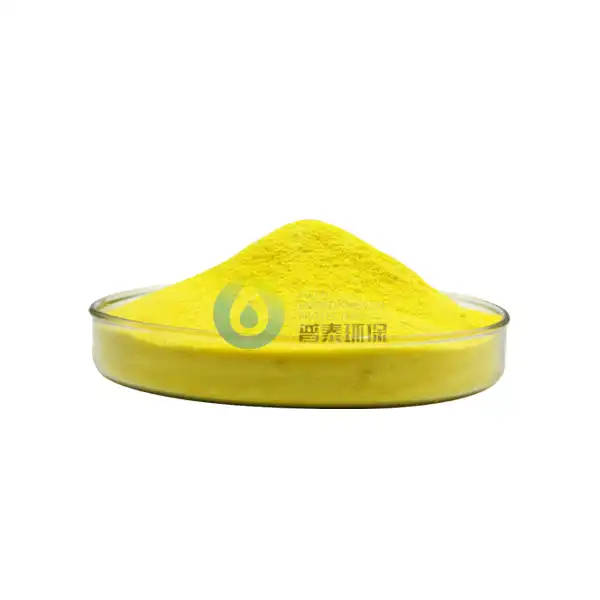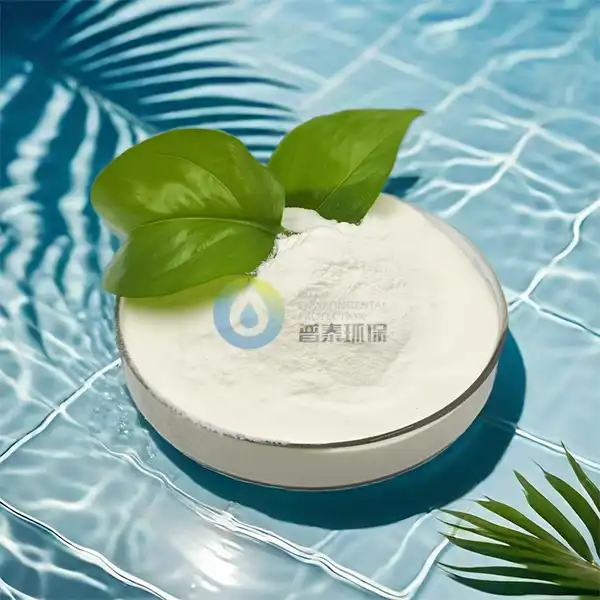What Industries Use Colloidal Hydrous Alumina?
Colloidal hydrous alumina, a versatile form of aluminum oxide with unique surface properties and controlled particle size distribution, has become an indispensable material across numerous industrial applications. This remarkable substance, characterized by its high surface area, controlled rheology, and exceptional binding properties, plays a crucial role in modern manufacturing processes. Its ability to form stable suspensions and interact with various materials makes it particularly valu

able in industries ranging from ceramics to water treatment. As global industrial demands evolve, understanding the widespread applications of colloidal hydrous alumina becomes increasingly important for manufacturers and researchers alike. The material's growing significance is further underscored by its contribution to sustainable manufacturing practices and its role in developing advanced materials for emerging technologies.
How Does Colloidal Hydrous Alumina Enhance Ceramic Manufacturing Processes?
The ceramic industry stands as one of the primary beneficiaries of colloidal hydrous alumina's unique properties. In ceramic manufacturing, this material serves as an essential binding agent and surface modifier, fundamentally transforming the production process and final product quality. The incorporation of colloidal hydrous alumina significantly improves the green strength of ceramic bodies, allowing for better handling during the manufacturing process and reducing defects in the final products. This enhancement is particularly crucial in the production of advanced ceramics, where precise control over material properties is paramount.
The material's colloidal nature enables it to form uniform distributions throughout ceramic matrices, leading to improved homogeneity in the final product. When used as a sintering aid, it promotes better particle packing and reduces the formation of voids, resulting in ceramics with superior mechanical properties. In the production of technical ceramics, such as automotive components and electronic substrates, colloidal hydrous alumina helps achieve the necessary density and strength requirements while maintaining precise dimensional control.
Furthermore, the material's role in slip casting cannot be understated. Its ability to modify rheological properties helps create stable suspensions with optimal flow characteristics, enabling the production of complex shapes with consistent quality. In traditional ceramics, this translates to better control over the casting process, reduced drying times, and improved surface finish. The addition of colloidal hydrous alumina also enhances the suspension stability of ceramic slurries, preventing segregation and ensuring uniform particle distribution throughout the manufacturing process.
The advanced ceramic sector particularly benefits from colloidal hydrous alumina's ability to enhance the production of specialized components for aerospace and medical applications. Its role in improving the structural integrity of ceramic materials has led to breakthroughs in developing high-performance components that can withstand extreme conditions while maintaining precise specifications.
What Role Does Colloidal Hydrous Alumina Play in Water Treatment Systems?
In the realm of water treatment, colloidal hydrous alumina has emerged as a powerful tool for purification and contamination removal. Its high surface area and positive surface charge make it particularly effective in removing negatively charged contaminants from water systems. When introduced into water treatment processes, it acts as both a coagulant and an adsorbent, facilitating the removal of various pollutants, including heavy metals, organic compounds, and suspended solids.
The material's effectiveness in water treatment stems from its ability to form stable flocs that can easily be separated from the water phase. In municipal water treatment facilities, colloidal hydrous alumina helps achieve superior clarification results while reducing the overall chemical consumption compared to traditional treatment methods. Its application extends to industrial wastewater treatment, where it effectively removes complex contaminants that conventional treatments might struggle to address.
The versatility of colloidal hydrous alumina in water treatment is further demonstrated by its ability to remove specific contaminants such as arsenic, fluoride, and phosphates. In regions where these contaminants pose significant water quality challenges, the implementation of colloidal hydrous alumina-based treatment systems has proven particularly valuable. The material's high adsorption capacity and selectivity make it an efficient choice for targeted contaminant removal, while its stability ensures consistent performance over extended operation periods.
Recent developments in water treatment technology have led to innovative applications of colloidal hydrous alumina in membrane filtration systems. When incorporated into membrane materials or used as a pretreatment agent, it enhances filtration efficiency and reduces membrane fouling, leading to more sustainable and cost-effective water treatment solutions.
How Is Colloidal Hydrous Alumina Utilized in Paper and Textile Manufacturing?
The paper and textile industries leverage colloidal hydrous alumina's unique properties to enhance product quality and manufacturing efficiency. In papermaking, it serves as a retention aid and surface sizing agent, improving paper strength and printability. When applied as a coating component, it enhances the paper's surface properties, leading to better print quality and reduced ink absorption.
In textile manufacturing, colloidal hydrous alumina functions as a mordant, improving the fastness of dyes and creating more vibrant, longer-lasting colors. Its application in fabric treatment processes helps achieve better dimensional stability and improved wear resistance. The material's ability to form stable bonds with both fiber surfaces and dye molecules makes it particularly valuable in producing high-quality textiles for demanding applications.
Beyond these primary functions, colloidal hydrous alumina contributes to the development of specialized paper and textile products. In the production of technical papers, it helps achieve specific performance characteristics such as controlled porosity and surface reactivity. Similarly, in technical textiles, it enables the development of materials with enhanced functional properties, including improved fire resistance and electromagnetic shielding capabilities.
The integration of colloidal hydrous alumina in smart textile development has opened new possibilities for creating functional fabrics with advanced properties. Its role in surface modification enables the production of textiles with enhanced moisture management, antimicrobial properties, and even electronic integration capabilities. In the paper industry, it has facilitated the development of specialty papers for security printing and advanced packaging applications, where precise control over surface properties is essential.
Recent innovations in sustainable manufacturing have also highlighted colloidal hydrous alumina's potential in developing eco-friendly paper and textile products. Its ability to improve process efficiency and reduce chemical consumption aligns with industry efforts to minimize environmental impact while maintaining product quality. The material's contribution to developing recyclable and biodegradable products further enhances its value in modern manufacturing processes.
Xi'an Putai Environmental Protection Co., Ltd. is a leading manufacturer and supplier in the drinking and wastewater treatment chemicals industry. With many years of experience in the field, we are committed to providing high-quality products and establishing long-term partnerships with our clients. Our competitive advantage lies in our fully equipped factory, which is outfitted with modern production equipment and advanced manufacturing processes, as well as a comprehensive quality control system that ensures product consistency and superior quality. Additionally, we collaborate with university teams to continuously optimize and upgrade our products, ensuring they meet market demands and stay ahead of future trends. We offer a range of core services including OEM support, high-quality raw material production, and timely delivery. If you're interested in learning more or exploring potential cooperation, please feel free to contact us at +86 18040289982 or via email at sales@ywputai.com. We look forward to the opportunity to work with you.
References
1. Journal of Materials Science: "Advanced Applications of Colloidal Alumina in Ceramic Processing" (2023)
2. Water Research: "Novel Approaches in Water Treatment Using Colloidal Metal Oxides" (2022)
3. Industrial & Engineering Chemistry Research: "Colloidal Hydrous Alumina in Modern Manufacturing" (2023)
4. Journal of Colloid and Interface Science: "Surface Properties and Applications of Hydrous Alumina" (2022)
5. Environmental Science & Technology: "Water Purification Technologies Using Aluminum-Based Compounds" (2023)
6. Advances in Ceramics: "Role of Colloidal Additives in Technical Ceramic Production" (2022)
7. Textile Research Journal: "Modern Developments in Textile Processing Aids" (2023)
8. Paper and Pulp Technology: "Innovations in Paper Surface Treatment" (2022)
9. Journal of Applied Chemistry: "Colloidal Systems in Industrial Applications" (2023)
10. Materials Science and Engineering: "Recent Advances in Ceramic Processing Technologies" (2022)
